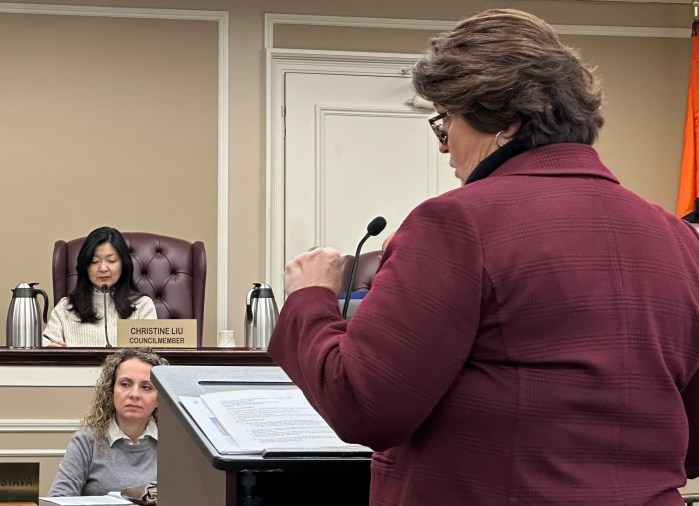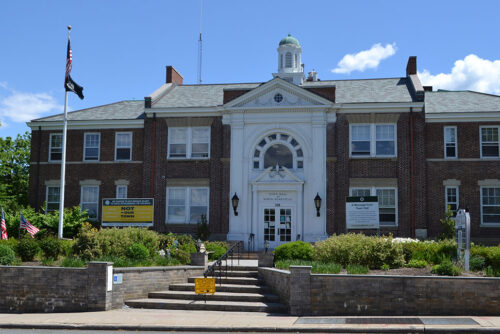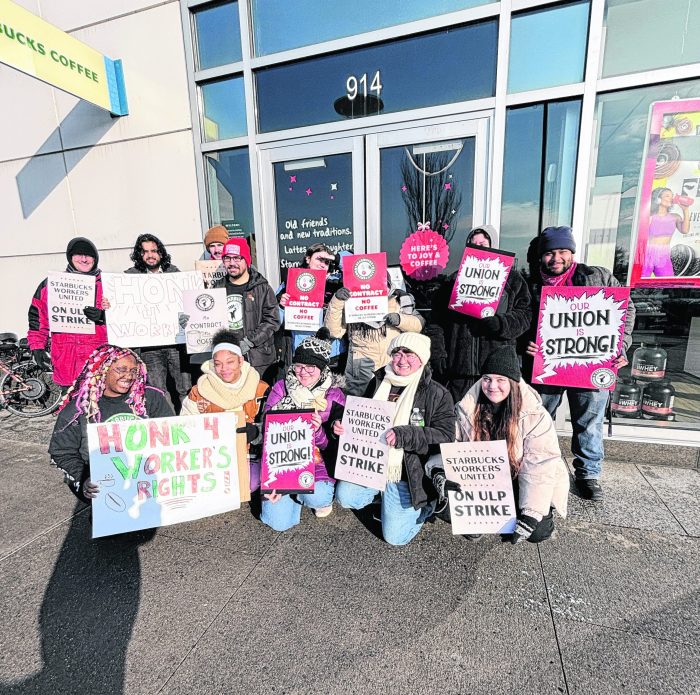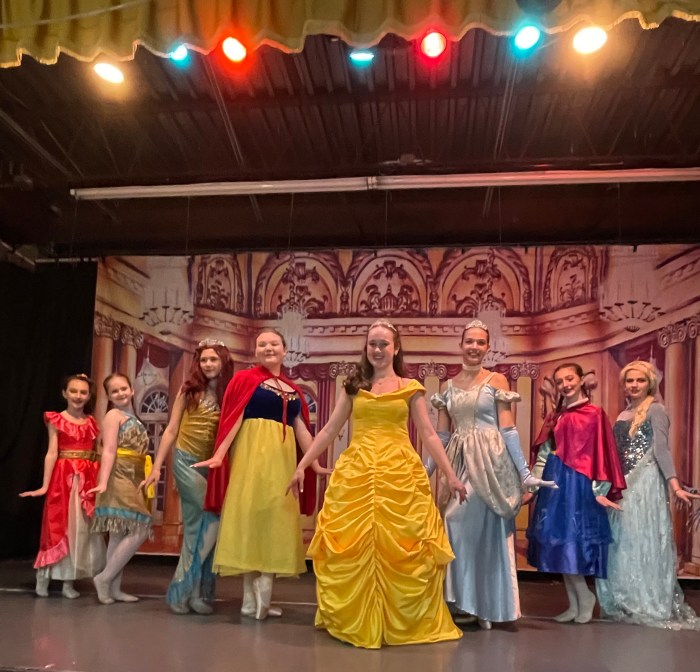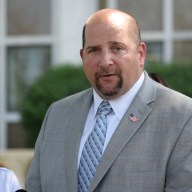Nestled among the trees, on 20 grassy acres of SUNY Old Westbury’s campus, HorseAbility is home to 22 horses that are used to provide therapy to those with special needs. Between sessions with their clients in the riding rings and trips taken to various venues, the nearly two dozen gentle giants graze in their paddocks.
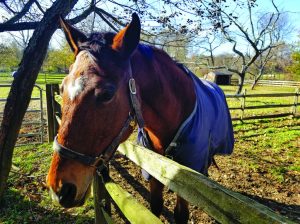
The nonprofit was started 25 years ago by Executive Director Katie McGowan after doing therapy with a horse and student who had cerebral palsy. With just six full-time staff members and a handful of part-time staff teaching and performing therapy, HorseAbility runs on the passion, love and dedication of its volunteers.
Despite the difficulties nonprofits face where funding is concerned, HorseAbility does more than enough to keep themselves up and running. A wine tasting in the winter, a gala in the spring, a golf outing in the summer and a haunted house in the fall are just some of the events the group holds to receive donations. Their therapy programs also come with a sliding-scale-based fee.
Some of their more basic programs include having children and adults with special needs visit and do things like receive horseback riding lessons, pet and groom the horses and simply learn about the horses; the senior citizen dementia program brings elderly folk from assisted-living facilities once a week in the spring and fall to watch, pet and learn. In the spring, the Northport VA Medical Center brings veterans to ride or do ground activity and one of their newer therapy programs utilizes two of their mini horses for indoor therapy.
Started last spring, the program brings two trained mini horses to wherever their therapeutic ways are wanted.
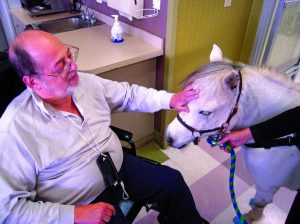
(Photo provided by Central Island Healthcare)
“They are horses, full-grown horses, even though they look very tiny,” said Barbara Hotchkin, the office manager and lesson manager at HorseAbility. “They are trained to go into facilities and they really just bring their attention to whoever is in the facility.”
At the moment, the mini horses visit mostly senior facilities and rehab areas, but Hotchkin said the pair have even been brought to schools.
“We bring the ponies to [the people] and they get to touch them, pet them, talk about them and learn about them,” she said. “The ponies, for those facilities where we have patients who are bedridden, will actually go into their hospital rooms and they will put their head on the bed and the people get to pet them. It really is an amazing, amazing thing when you see the reaction of those [people].”
Thanks to word of mouth, the program has been able to take off and grow. Hotchkin jokingly said that while the mini horses previously didn’t have much to do around the facility, as they can’t be ridden by clients like the larger horses can, they are now earning their keep.
“There’s quite a few visits that they make, they go out at least twice a week, sometimes three to four times a week,” she said. “There’s a lot of interest in [places wanting visits from the mini horses].”
When taking the horses out for their next trip, they ride in a minivan customized just for them.
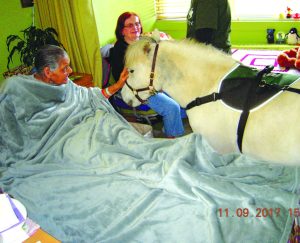
“These little horses are kind of lost in big horse trailers; you can’t even see them,” Hotchkin said. “So now they have their own van; they have space where the two of them walk right in. We took the seats out and it is outfitted so that they can travel safely in a regular old minivan.”
This program, just like any other of HorseAbility’s therapy programs, provides workers with a sense of fulfillment in that they were able to help make someone’s life better that day.
“Just to work with [people] and have the privilege of seeing them change as they go on, even if they start with us as an adult; to see how their confidence builds and their ability to come in and say, ‘Oh, yeah, I know how to groom this horse now,’ that’s why we stay,” said Hotchkin.
To learn more, visit www.horseability.org or call 516-333-6151.



